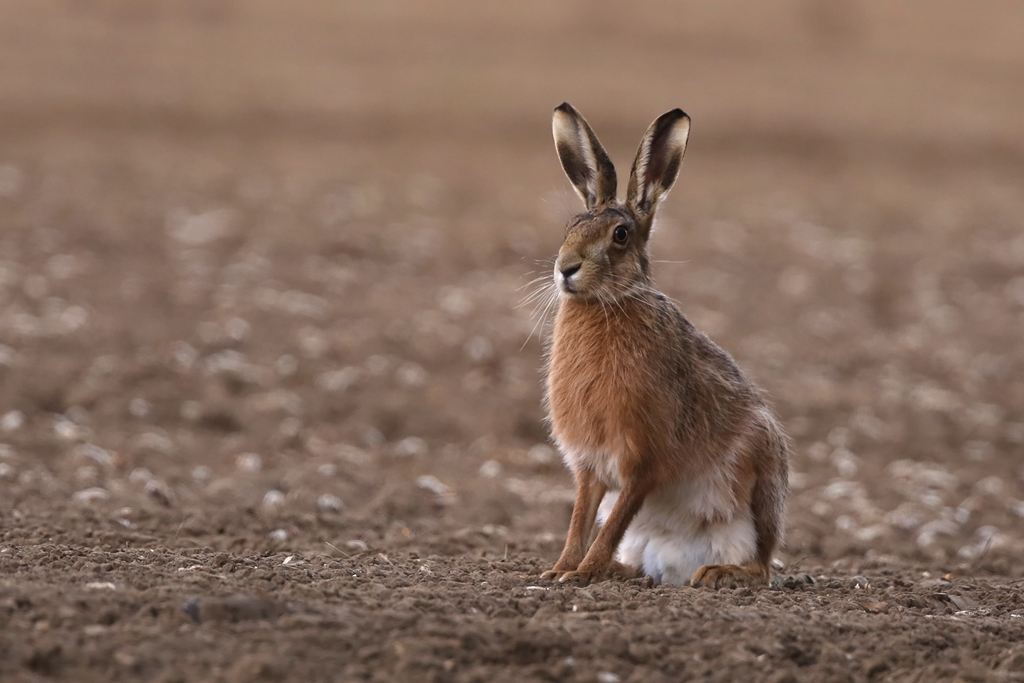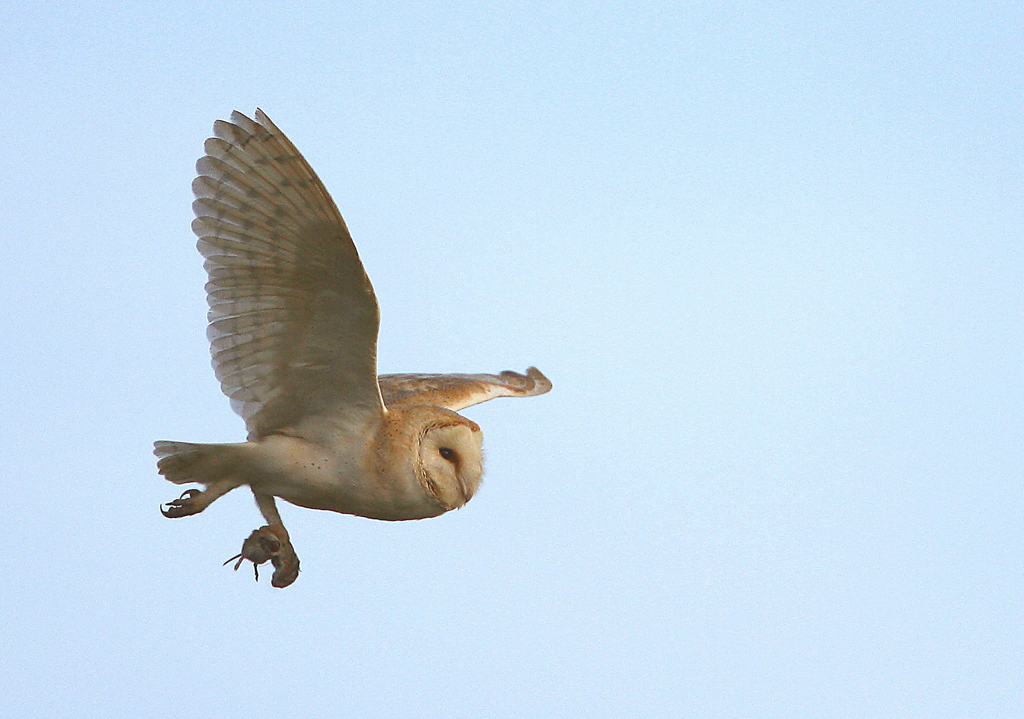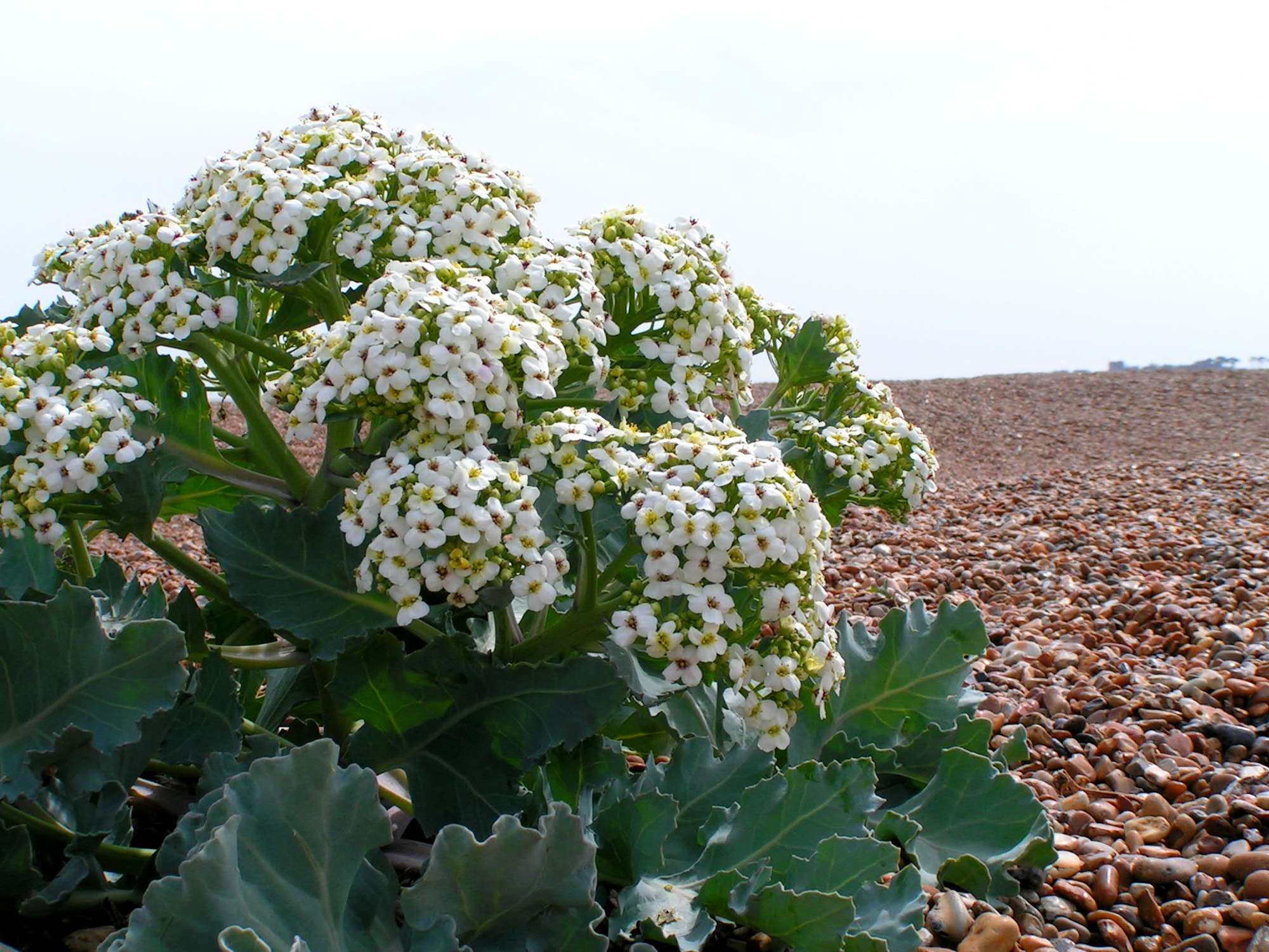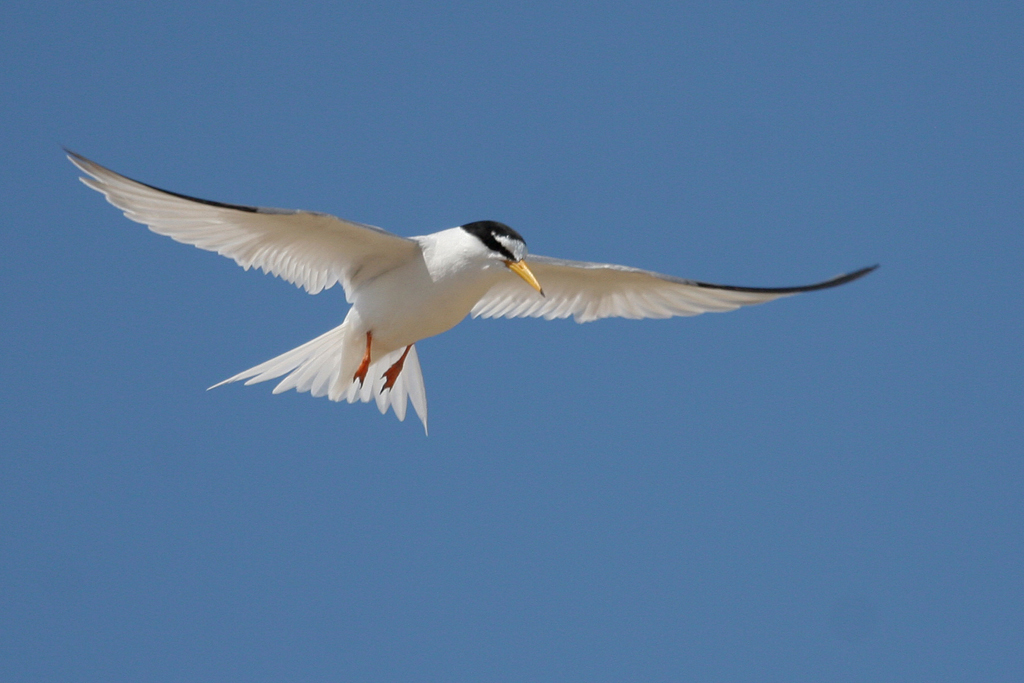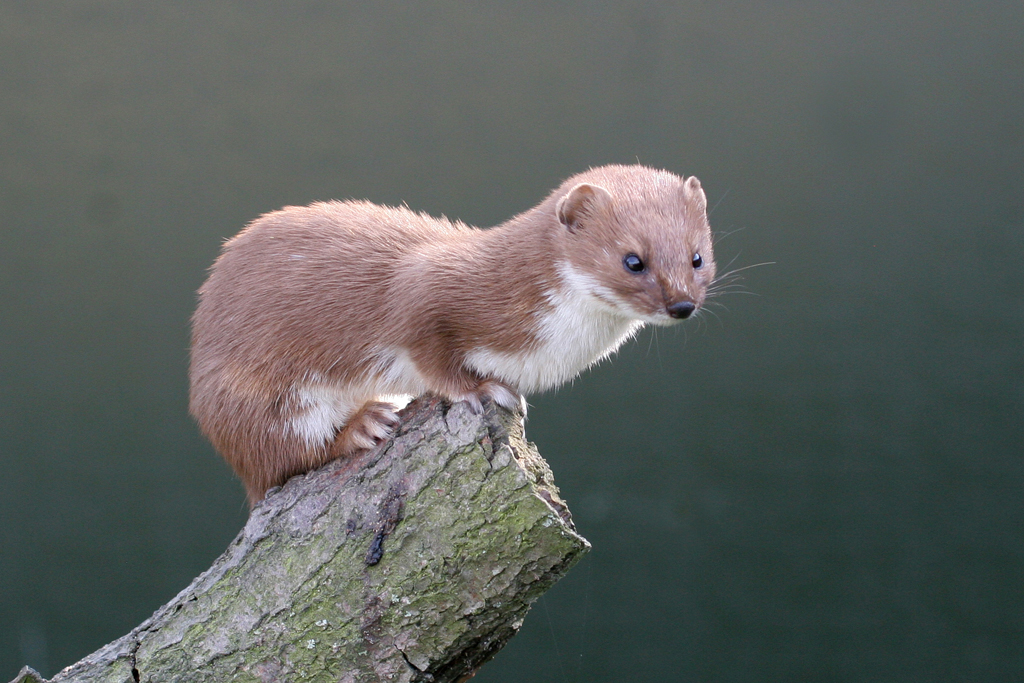When you see a spider do you go Oh, Ugh or Aaaaaaaaarh? Wherever you are on that ladder of reaction, let me try and talk you down to a rung where you might just say Hi oreven Wow! Fear of spiders (arachnophobia) is quite common. It could be a primitive instinct evolved when our distant ancestors lived in caves in Africa and might have trodden on seriously poisonous spiders. Or maybe we learn it as children from nursery rhymes like the one about Little Miss Muffet, who was put her off her curds and whey by an abseiling spider. But relax. None of the common spiders in the UK are dangerous to humans. Certainly not those big house spiders that can appear overnight in the bath or dash across the living room floor at an impressive top speed of half a metre a second; nor the Daddy Longlegs that get into odd corners of rooms and twizzle rapidly in their untidy webs; nor all those tiny spiders that balloon around on invisible filiaments of silk – on the contrary, these are the ‘money spiders’ that are supposed to bring you good luck.
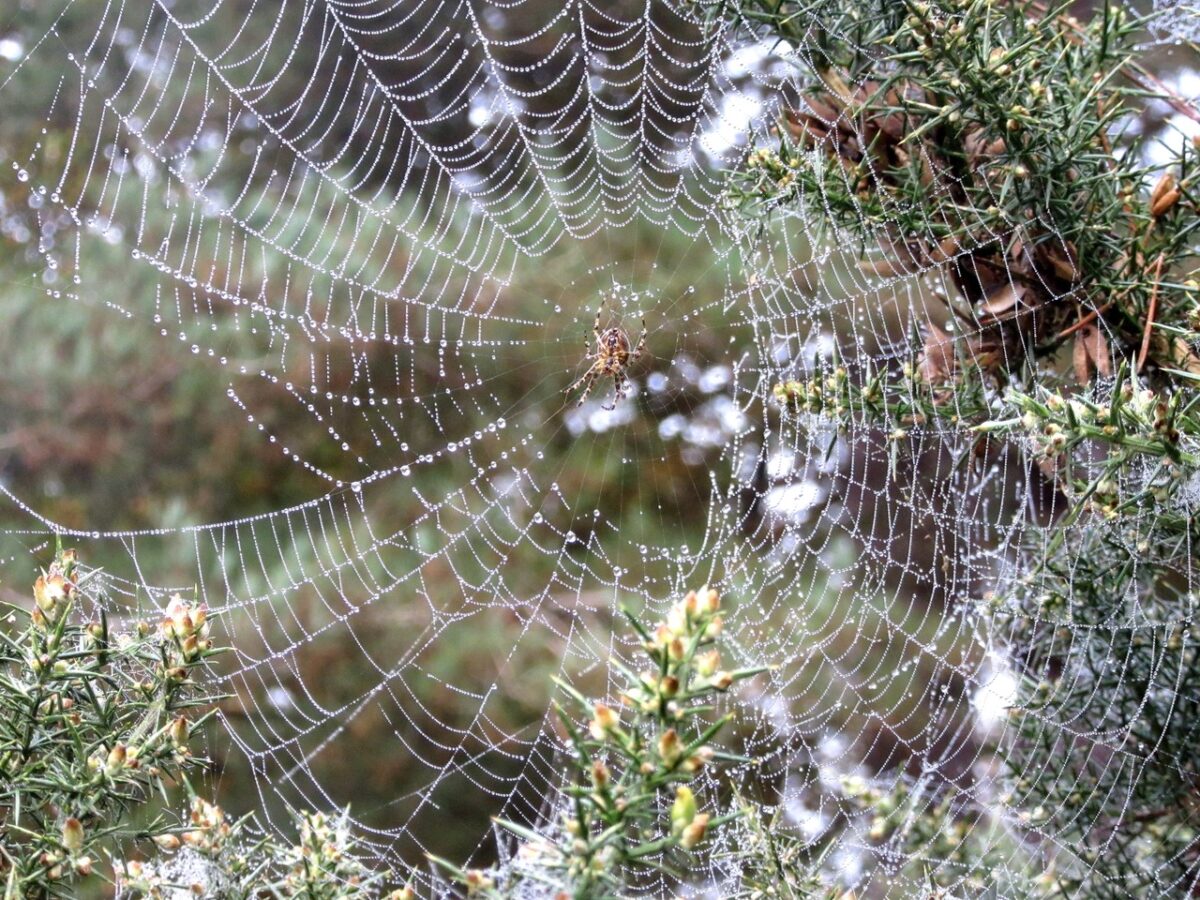
Most of the UK’s 650 species of spider – bet you didn’t realise there were so many – live outside anyway. Among the wonders of autumn are those soft , misty mornings when you go out into the garden and see a perfect spider’s web outlined with beads of dew. The architecture of these silvery webs is breath-takingly beautiful. The spider first puts in the spokes to establish the structure and tether it securely to its moorings, then adds the complex spiral strands with a special sticky kind of silk that will trap unwary insects. The spider herself has anti-stick feet – all eight of them – to navigate the web. As a construction material the silk has extraordinary properties. It’s five times stronger than steel, weight for weight, but so light in density that a strand of spider’s silk stretched right round the earth would still only weigh the same as a bag of sugar. You can make bullet-proof vests from spider’s silk. It has medical uses, too, as a gentle anti-septic for binding wounds. Miss Muffet may in real life have been the daughter of the famous sixteenth-century naturalist, Dr Thomas Muffet, who discovered this property. Shakespeare knew about it anyway. In his Midsummer Night’s Dream he refers to the curative powers of one of Titania’s attendant fairies called Cobweb (‘Cob’ is the old name for spider). And we honour spiders, at least metaphorically, by naming one of the most important modern inventions after their magical creations – the World Wide Web.
Jeremy Mynott
7 October 022




